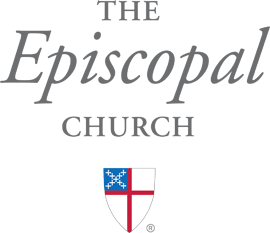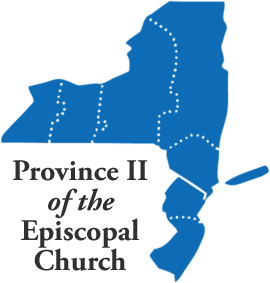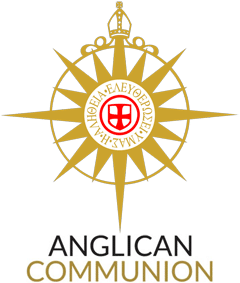The following guidelines were ratified by the Diocesan Council on December 10, 1997.
RESOLVED that effective January 1, 1998 the following guidelines are approved for the handling of discretionary funds in the Diocese of Newark
Discretionary Funds have been in use within the Episcopal Church for decades if not centuries. Yet the Canons of the Church do not mention Discretionary Funds by name. The basis for discretionary funds apparently comes from Title III, Canon 14(f) first approved in 1814 which provides for a special offering for the poor to be administered by a member of the clergy as Almoner, the person charged with giving alms to the poor. The Canon further provides for the appointment of “a responsible person” if the parish is without a Rector.
In recent years there has been a great deal of review of the appropriate use of discretionary funds. The following which are based upon National Church guidelines are the guidelines for discretionary funds in the Diocese of Newark.
-
- The discretionary fund is a fund of the parish or mission. It is the Discretionary Fund of the Rector of St. Swithin’s church. The funds belong to the church and remain with the church once the priest ceases to be the rector/vicar.
- All donations for the discretionary fund should be made to the church, deposited in a church account and then transferred to the discretionary fund. The only deposits made to the discretionary fund should be checks drawn on a church account. There may be rare occasions where direct deposits to the discretionary fund are necessary. Such transactions should be extremely rare and the nature of the transaction should be shared with a warden or the treasurer.
- The discretionary fund should be audited annually along with the rest of the church’s finances. Such an audit should be conducted in accordance with the audit requirements of the Diocese of Newark.
- National Church guidelines permit the use of the discretionary fund for expenses “related to the exercise of ministry not otherwise provided in the church’s budget” so long as the vestry/executive committee gives prior general approval for such a use of the fund. This could include the purchase of books, journals and related expenses, but should not be used for the general operating expenses of the church. While such a use of the discretionary fund is permitted, it is recommended that such items be provided through a budget line entitled “rector or vicar’s expenses” rather than being paid out of the discretionary fund.
- If the discretionary fund is maintained as a separate account, the priest should keep detailed records of the funds transactions. When checks are written to cash, the priest should keep a private record of what is done with the proceeds. Monthly the bank statement for the account is to be submitted to the treasurer for verification that all deposits made into the account came from disbursements from a church account. The treasurer should make a notation on the bank statement and file it with the church’s financial records.
- The primary use of discretionary funds is to assist the poor of the congregation and the larger community. Wherever possible it is preferable that payments for rent, utilities, medical care and the like be made directly to the provider rather than to the individual or family.
- The Canons provide for funding for discretionary funds to come from the un-designated “alms and contributions” at one service per month throughout the calendar year. In practice this has traditionally meant the loose offering at one service. Some congregations also provide funding through the church budget. Churches also may have a policy that all fees for weddings, funerals and baptisms be deposited in the discretionary fund.
Supporting information: Recently there have been problems throughout the Episcopal Church with the use of discretionary funds primarily due to a lack of control and accountability. Such problems have occurred in the Diocese of Newark. Many clergy and vestries/executive committees have taken steps to prevent such problems in the future. It would be helpful and supportive of these efforts to establish diocesan guidelines for the use of discretionary funds.
These guidelines have been developed based upon the National Church’s Manual for Business Affairs plus material developed by the Diocese of Rochester. The guidelines have been discussed with the executive committee of the Newark Clergy Association and the Clergy Ethics Committee. They had been sent to every rector/vicar, warden and treasurer for comment and were discussed at the November 15, 1997 Treasurer’s Workshop.




